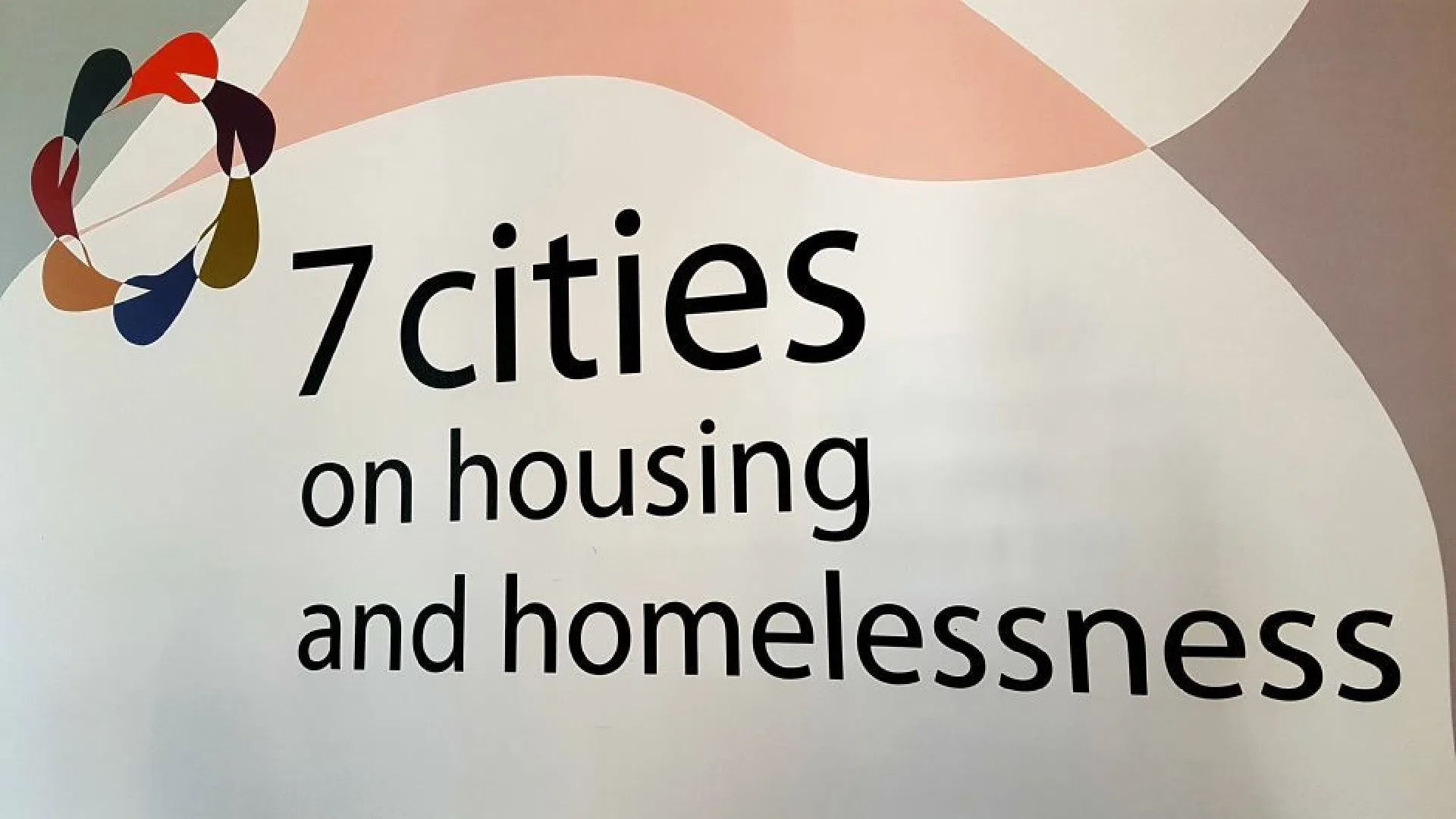
Homeless count finds drug and alcohol addictions driving increase in homelessness
Lethbridge, AB – Homelessness is increasing in Lethbridge, and a contributing factor is the province’s escalating opioid crisis, according to the latest homeless population count.
In Lethbridge, 223 individuals were counted as experiencing homeless: seven (3 per cent) were unsheltered, 136 (61 per cent) were emergency sheltered, 75 (34 per cent) were provisionally accommodated, and five (2 per cent) were unknown. In 2016, only 89 persons were included in the count. Method refinements, such as the inclusion of additional transitional housing units as well as provincial system data for health and correctional facilities compared to 2016 partially explain the increase in homelessness count in Lethbridge.
In Lethbridge, the most common reasons for loss of housing were drug and alcohol addictions (41 per cent), followed by job loss (15 per cent), inability to pay rent or mortgage (11 per cent), conflict with spouse/partner (13 per cent), and unsafe housing conditions (10 per cent).
This year marked the first nationally-coordinated Point-in-Time (PiT) count, using an updated, standardized methodology across Canada. For the first time, the count included data for health and correctional facilities and short-term supportive housing units, making comparison with previous years difficult.


